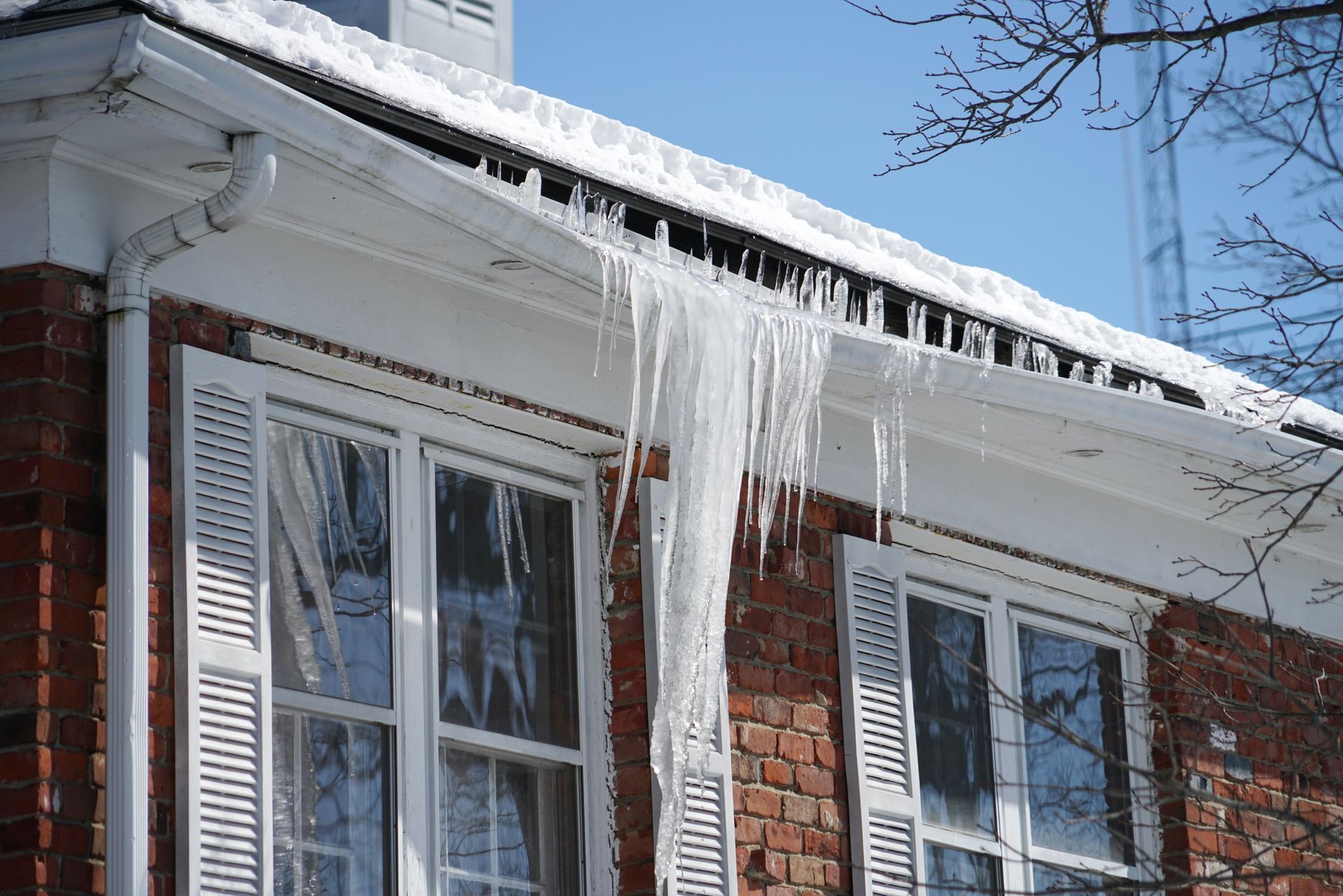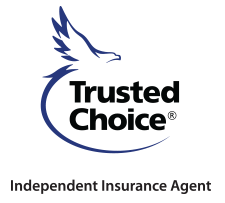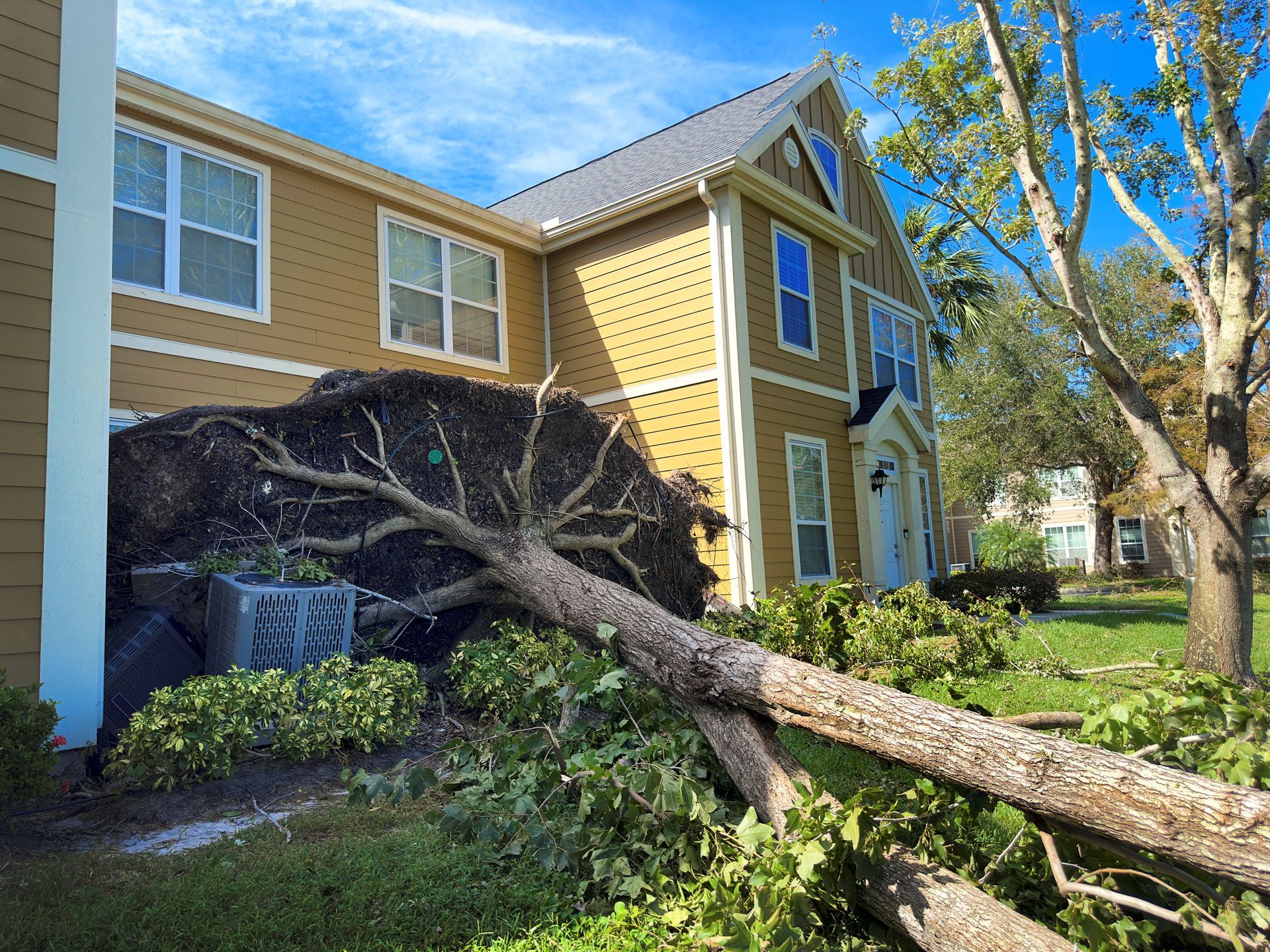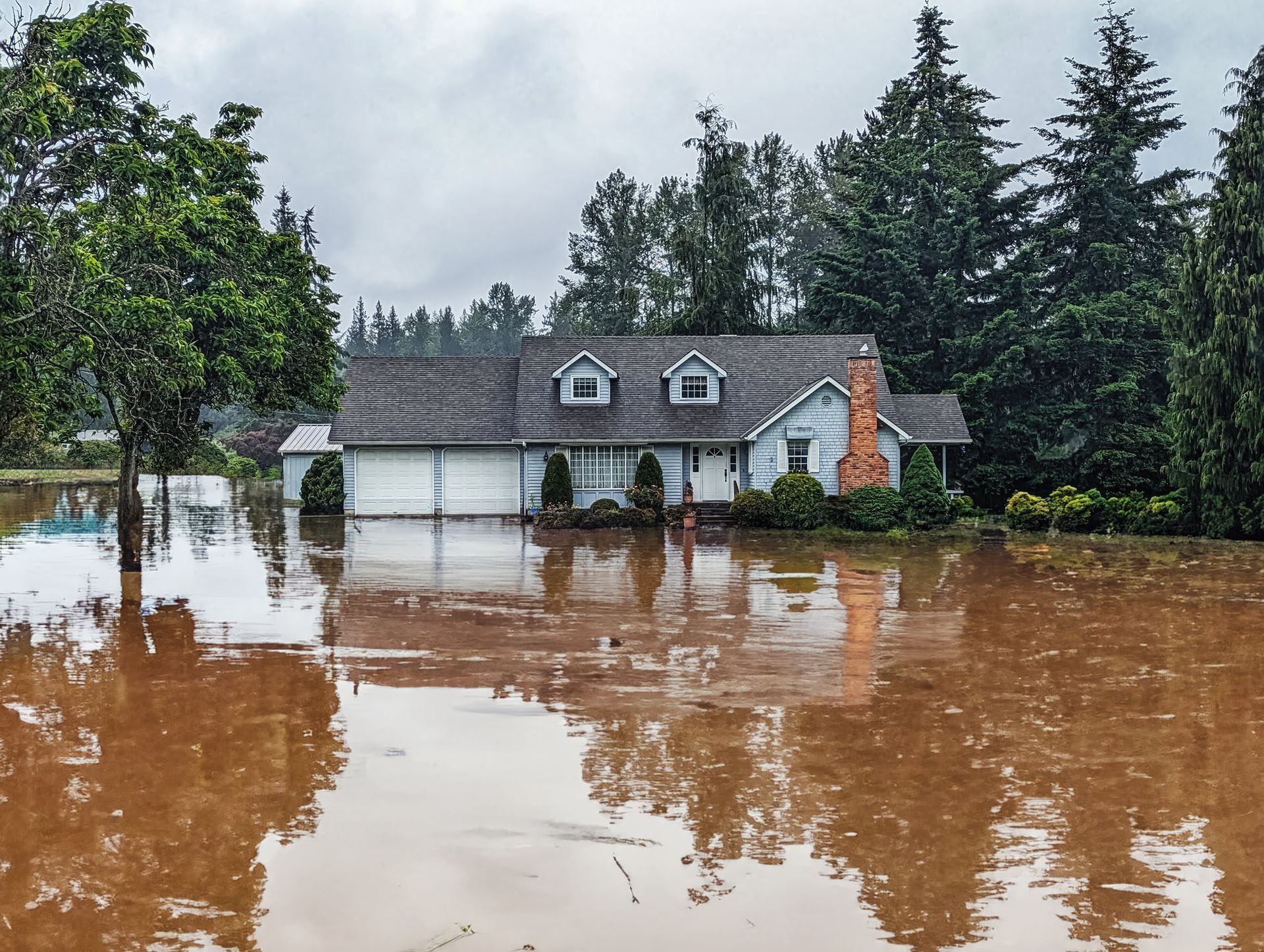The Ins and Outs of Travel Insurance
Planning a vacation this summer? Going out of the country? Have you ever heard about the horrible experiences people have on vacation when something unexpectedly goes wrong? I can tell you from personal experience it isn’t any fun!
While in Mexico, having a wonderful time with my family, I took a spill on the marble steps in the lobby of the hotel. The lobby doors were open and the combination of the air conditioning in the hotel with the humidity outside caused condensation on the marble floors which made them very slick. The fall down the flight of steps broke my leg and tore the ligaments in my ankle.
Now to make matter worse the emergency room would not accept our medical insurance card. Cash or credit card was the only method of payment they would accept if medical treatment was to be rendered. They didn’t want Pesos either, U.S. dollars only! Our health insurance company did end up reimbursing some of the costs for the emergency room in Mexico, but not all of them. I was lucky that it was only a broken leg and not some thing worse. The common mind set is that this would never happen to me. So what is a vacationer to do?
Sure you can begin your trip without any travel insurance and be self insured. But did you know that if you become ill abroad the costs for treatment could be very high? How would you find a doctor? Where would you locate the appropriate healthcare facility? Where would you seek advice? Did you know that HMO’s, PPO’s and Medicare typically do not cover you abroad?
An unforeseen accident or illness can ruin a vacation. Missing a vacation is bad enough. Losing the money you paid for a vacation is even worse. By purchasing travel insurance you can take peace of mind when you travel. Travel Insurance
, also known as trip insurance, trip cancellation insurance, trip interruption insurance, and vacation insurance protects against cancellation, interruption and delay while also providing medical, lost or damaged property coverage.
Make sure the policy offers a “Cancel for Any Reason” option. “Unforeseen Emergencies” is another option some of the policies contain. This would cover missing a trip due to an accident on the way to the airport, a fire or flood in your house or a call to jury duty. Also make sure the policy covers your specific situation. For example if you are hunting big game or mountain climbing check the policy before you make a purchase to ensure it is covered. Typically, self inflicted injuries, change in personal finances or problems arising from the use of illegal drugs would not be covered.
Another coverage that you would want to make sure is included in the policy is evacuation insurance, as well as a helicopter rescue. And of course you would want the cost your trip back to the United States covered. Each can be costly, with the helicopter rescue running about $20,000, so you want to review the policy and find out if these situations are covered.
Another pit fall to avoid while on vacation out of the country is to beware when renting a vehicle, motorcycle or scooter. Typically, the liability on auto, home or excess policies do not extend to accidents or injuries in other countries. Know your policy exclusions prior to renting vehicles in other countries. So if an accident occurs, there will be no surprises.
Cancellations of due to the cruise line or travel agency going bankrupt would be covered but they might not be if you purchased the insurance directly from the company that went out of business. Typically the policies offered by touring companies as well as cruise lines have more exclusions. It is best to purchase travel insurance directly from an insurance company. Take the precaution to review the insurance company’s AM Best and Standards & Poor’s financial ratings prior to purchasing a policy.
In general, most comprehensive travel policies which include medical coverage, medical evacuation and trip interruption or cancellation, cost about 7 percent of the price of your trip. Prices are based on your age and the cost of the trip. Where you are traveling doesn’t factor into the premium.
Basic Rules of thumb:
- Find out if your health insurance covers you aboard
- Obtain all recommended vaccinations for your destination
- Bring along an emergency kit with medical supplies on your trip
- Purchase a package policy – bundled coverage for the best buy
- Bundle medical coverage with trip coverage
- Beware of pushing sales people
- Review the coverages in the Travel Insurance policy prior to purchase
- Review the insurance company’s AM Best and Standards & Poor’s ratings
References:
www.insure.com
www.quotetravelinsura.com
www.nationwide.com





















